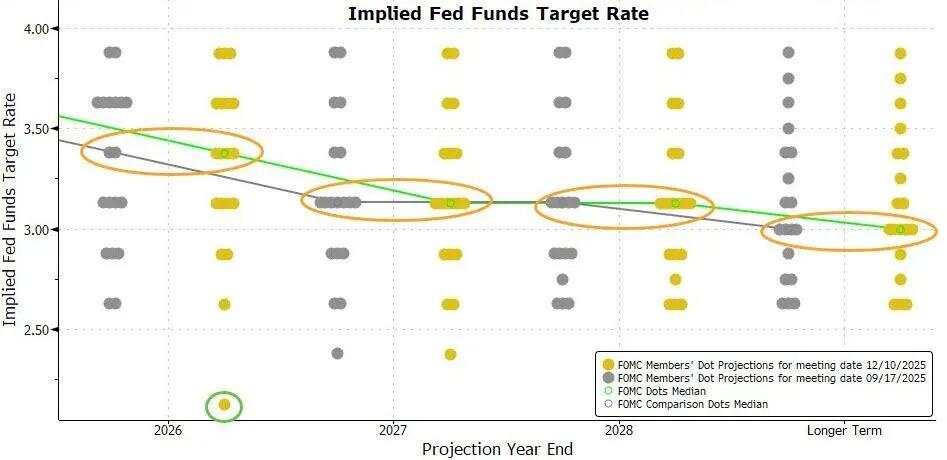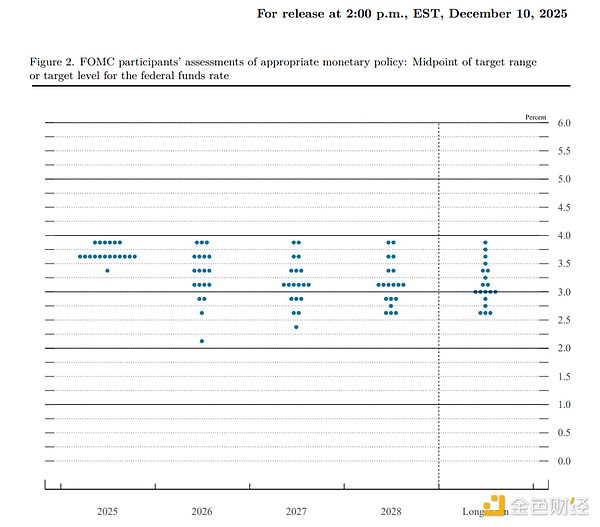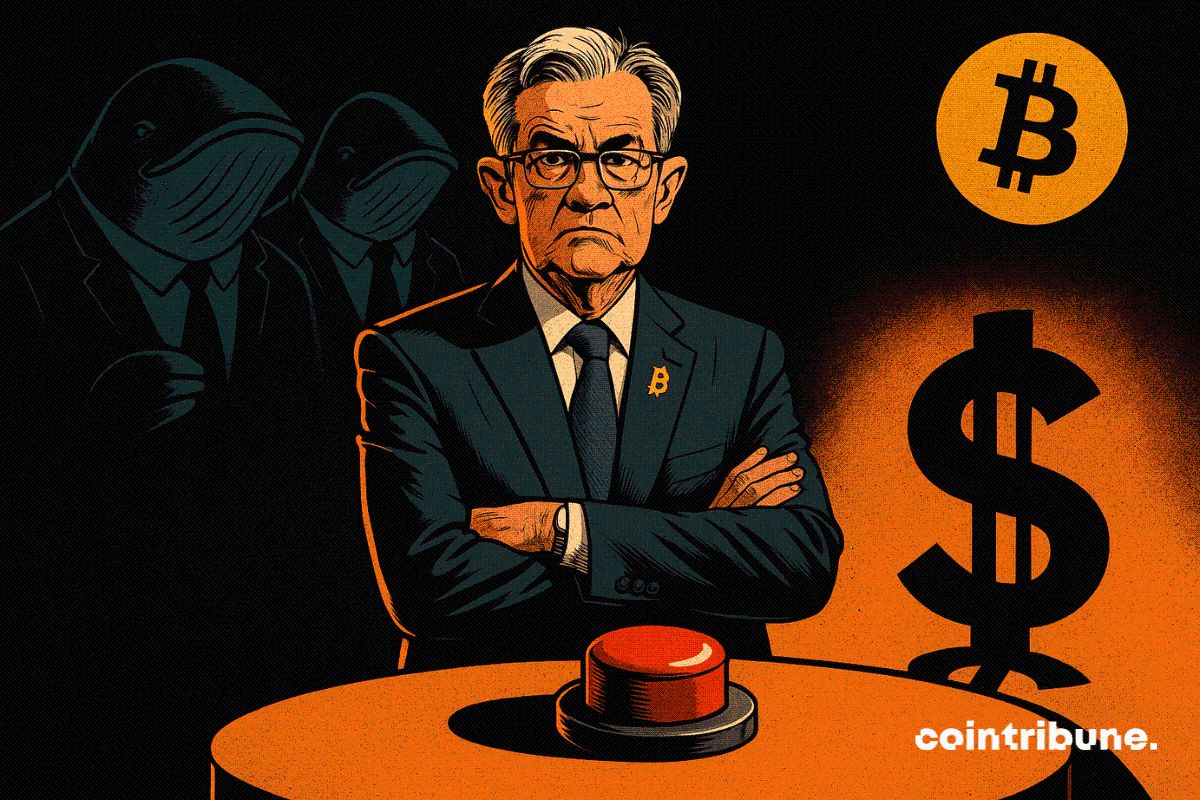The Angola crypto mining ban, effective April 2024, criminalizes cryptocurrency mining to protect power supply; Interpol coordinated seizures and arrests, dismantling 25 illegal mining centers and seizing equipment valued at over $37 million.
-
25 illegal mining centers dismantled in Angola
-
Interpol coordinated a broader African cybercrime operation resulting in 1,209 arrests and about $97–100 million recovered.
-
Seized mining equipment worth over $37 million will be redistributed by Angolan authorities to vulnerable areas.
Angola crypto mining ban: April 2024 mining prohibition led to mass seizures and arrests; learn what happened and next steps.
What is the Angola crypto mining ban?
The Angola crypto mining ban is a government measure enacted in April 2024 that criminalizes cryptocurrency mining to protect national power distribution. The law punishes possession of mining equipment and related infrastructure with one to five years’ imprisonment and equipment confiscation.
How did Interpol coordinate the mining crackdown in Angola?
Interpol led a multi-country cybercrime operation that included Angolan authorities. The agency reported coordinating dismantling of 25 mining centers operated by roughly 60 Chinese nationals and announced seizures of equipment valued at more than $37 million.
Across the operation in several African countries, Interpol said 1,209 people were arrested and about $97–100 million was recovered. Angolan officials intend to redirect seized equipment to vulnerable communities.
Why did Angola ban crypto mining?
Angola banned mining primarily because operators consumed large amounts of electricity, aggravating existing power distribution problems. With a population of about 39 million, the government cited energy shortages and prioritized household and public service supply over high-consumption mining rigs.
What were the wider regional impacts of the crackdown?
The operation extended beyond Angola. Zambian authorities reported dismantling a fraud scheme where roughly 65,000 victims lost about $300 million to promised high-yield crypto investments. The regional campaign targeted miners and fraudsters as part of coordinated law enforcement action.
Frequently Asked Questions
How can operators comply with the new regulations?
Operators must cease mining activities, surrender mining equipment where required, and follow Angolan government directives for equipment disposal or redistribution. Legal consultation with local counsel is advisable to understand compliance steps under the new law.
Key Takeaways
- Immediate ban: Angola’s April 2024 law criminalizes crypto mining to protect national power distribution.
- Interpol action: The agency helped dismantle 25 illegal mining centers in Angola and coordinated a wider operation with 1,209 arrests.
- Asset seizure and reuse: Equipment valued at over $37 million was seized; Angolan authorities plan redistribution to vulnerable areas.
Conclusion
The Angola crypto mining ban and the Interpol-coordinated crackdown underscore a regional shift toward stricter enforcement where mining strains public power grids. COINOTAG will monitor legal developments, enforcement outcomes, and any policy updates affecting miners and investors. For operators in affected jurisdictions, immediate compliance and legal guidance are essential.
A mining ban went into effect in the African nation in April 2024, followed by Chinese officials warning residents not to “support or engage in virtual currency mining activities.”
The International Criminal Police Organization, or Interpol, announced more than a thousand arrests and the seizure of about $100 million as part of a crackdown that included cryptocurrency miners and fraudsters.
In a Friday notice, Interpol said it had coordinated with authorities in Angola to dismantle 25 crypto mining centers being illegally run by 60 Chinese nationals.
The organization said it had seized equipment worth more than $37 million, which the Angolan government plans to distribute to “vulnerable areas.”
The mining crackdown in Angola was part of a cybercrime operation across African countries, resulting in the arrest of 1,209 people and the recovery of more than $97 million.
Zambian authorities also reported dismantling a fraud scheme in which 65,000 victims lost about $300 million, having been promised high-yield returns on crypto investments.
Angola, with a population of about 39 million, faces significant issues with power distribution and supply across areas of the country, resulting in the crackdown on crypto miners. Though the use of digital assets is essentially not illegal in the country, a mining ban went into effect in April 2024 in response to crypto’s energy consumption.
Related: ‘US tariffs on mining rigs are rising sharply’ as CleanSpark, IREN report massive liabilities
“The law criminalizes cryptocurrency mining, and possession of information, communications, and infrastructure equipment used for virtual currency ‘mining’ is punishable by one to five years’ imprisonment and confiscation of the equipment,” said a translated April 2024 notice from the Chinese embassy in Angola, warning residents about the mining ban.
Mining crackdowns in response to energy concerns
Many countries have passed laws or policies restricting or outright banning crypto mining operations due to concerns over power distribution to their residents. Recent examples of crackdowns included Russia’s Republic of Buryatia, where 95 mining rigs and a mobile transformer were hidden inside a truck and were illegally siphoning electricity.
In the US, laws on mining are determined by individual states, leading to “friendly” areas like Texas, where companies such as MARA Holdings, Riot Platforms, and CleanSpark have operations. In 2022, New York’s government issued a two-year moratorium on proof-of-work mining in the state.
Magazine: Bitcoin’s long-term security budget problem: Impending crisis or FUD?




